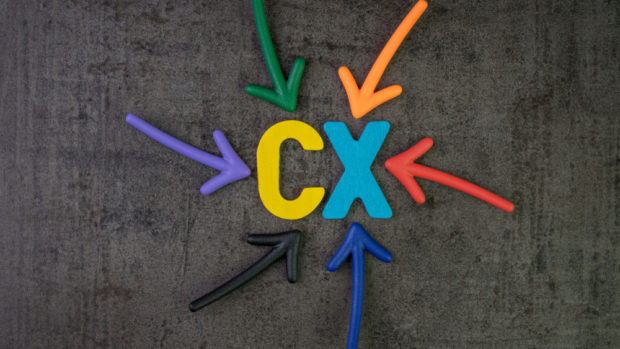
New research from Accenture Song reveals that flashy and unattainable influencer content is losing its grip on consumers with almost a quarter (24 per cent) of respondents aged 25-34 years old and nearly a fifth (19 per cent) aged 16-24 saying they have unfollowed accounts they felt presented a lifestyle not relatable to them.
Accenture’s research – which conveys the views of 2,000 UK consumers – also shows broader shifts in consumer attitudes towards influencer content with a fifth (21 per cent) of people less likely to be swayed by their content and recommendations. The research indicates the impact of influencer content is waning, with consumers being more likely to skip past ad content from influencers (20 per cent) as well as nearly one in five (16 per cent) stating they’re less likely to watch influencer content during the higher cost of living crisis.
In addition, almost a third (32 per cent) of all consumers have stopped spending with a brand because of something it did which felt unfair, unethical or offensive, with a third (33 per cent) of those saying it was due to the company feeling out of touch with the higher cost of living.
The brands which consumers follow on social media have also been impacted by the higher cost of living, with people leaning more into channels which offer practical tips on how to save money on food shopping coming out as the top change (21 per cent). Interestingly, the other top options follow suit, with a fifth of consumers (20 per cent) favouring brand social accounts which give financial tips, for example on budgeting, while the same proportion (20 per cent) favour content which suggests cheaper alternatives or ‘dupes’ to popular products.
Deinfluencers Are Cutting Through
Accenture’s research indicates nearly a quarter (22 per cent) of consumers have engaged with deinfluencer content since the start of the cost-of-living crisis – which calls brands and influencers into question and encourages consumers not to purchase unnecessary products or services. Amongst 16-24-year-olds, this figure rose to 33 per cent and, critically, 64 per cent of this age group who decided not to spend with a brand as a direct result of engaging with deinfluencer content, highlighting again that consumers are being more discerning with their spending.
Commenting on the study, Vix Jagger, executive creative director, at Accenture Song, said: “We’ve all seen the shift from influencers and creators sharing their perfectly curated feeds and strictly showing life’s ‘best bits’, to gradually offering up more of their lives in recent times. This year, however, has signalled an even bigger shift towards not just a warts-and-all approach but a willingness to call out the seemingly unattainable against the backdrop of trying times. It has prompted a much-needed reassessment of the social and influencer landscape that is shining a light on the topic of values once again for brands. What consumers want and need has shifted and naturally this is being reflected in what they want to see wherever they consume their content.”
To get a full 360-degree view of the current influencer ecosystem, Accenture’s research also spoke to 100 senior marketers at consumer-facing brands. Despite shifting consumer attitudes towards influencer content, two-thirds (65 per cent) of senior marketers say they’ve spent more on the medium over the last 12 months – with a fifth (20 per cent) investing significantly more. However, with this rise in spend, nearly two-fifths (39 per cent) of marketers surveyed favour the shift to authenticity and ‘real talk’ – believing influencers need to stop being so flashy with money, as people increasingly engage with more relatable content.
In terms of deinfluencer content, more than half (51 per cent) of marketers polled express concerns about how deinfluencing could impact their brand – and a similar number (53 per cent) have altered plans or campaign activity as a result. Interestingly, more than two-fifths (44 per cent) of marketers polled say they think deinfluencing is a good thing and gives all brands a fairer playing field.








Share